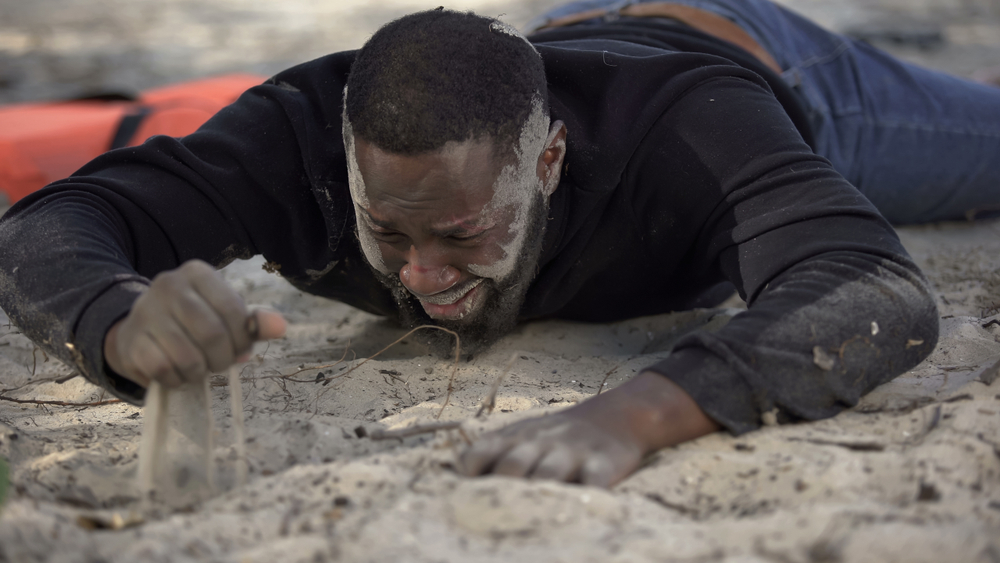
Ghosting comes from avoidance. Avoidance of expressing negative feelings, avoiding hurting other people, avoiding the uncomfortable feeling of being transparent.

Ghosting, Anxiety and Trauma
When someone “ghosts” someone, it means that they cut off all communication with their friend or significant other with no warning or notice beforehand. This of course leads to confusion and anxiety for the person being ghosted, especially if they are a trauma survivor. What is it that makes people get into relationships/friendships then disappear as if the connection created between two people, no matter how short, did not matter? People ghost others for two reasons; either the person doing the ghosting wants to avoid watching themselves put someone through pain, or because they simply do not want to experience any uncomfortable situations or emotions. Ghosting is avoiding all negative feelings that come along with ending a friendship or relationship.
While some people may be able to shake it off and feel that they are better off anyway, for trauma survivors it is not that simple. There is an emotional toll it takes on you because it brings you back to your childhood trauma and pain you may have felt at that time. For those with relational wounds and a fear of abandonment, being ghosted is going to affect you a lot more than it would someone without those same relational wounds. Maybe it will bring you back to a mother or a father who was not there for you, or who would ignore you when you didn’t behave the way you were expected to as a child. There are plenty of experiences that you could have gone through as a child that would cause more anxiety and increase the emotional toll of ghosting on you, your response makes sense.
Ghosting: Coping with Anxiety

Trauma and Ghosting: Are You A Ghoster?
Healing Traumas: Therapists in Your Area
Whether you are the person experiencing the emotional toll of ghosting as a trauma survivor, or a trauma survivor who has become someone who ghosts, know that there are options for healing. Reach out to a therapist in your area to address these relational wounds through a trauma-focused therapy modality, such as attachment therapy and attachment-focused EMDR. You deserve to heal.


